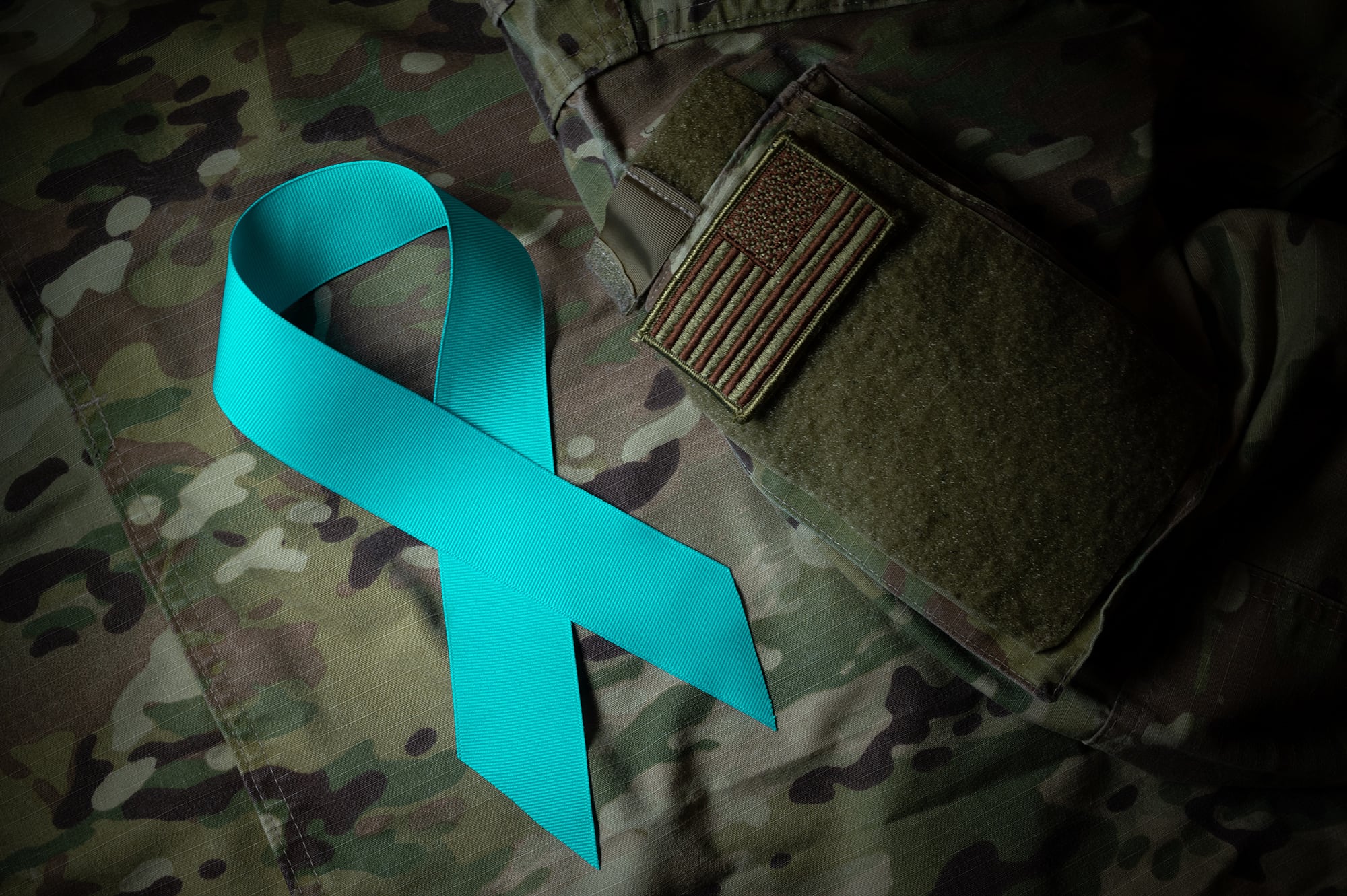It’s been a year since the Defense Department launched an implementation road map for more than 80 projects intended to reform the way the services prevent and respond to sexual assault. Very little concrete change has been made, but there are reasons for that.
One is that the road map is intentionally incremental and methodical. The other is that delayed funding slowed down some of the first steps.
“Getting this right requires we move on expeditiously as possible to implement change, while also ensuring we do not rush to failure,” Gil Cisneros, the Pentagon’s personnel chief, said Wednesday during a House Armed Services Committee hearing. “If we improperly rush now, we will not be able to pick up the pieces and establish trust with our service members again.”
The first order of business has been to hire civilian professionals to run unit prevent and response, including training programs and advocacy for survivors who report their assaults.
The Air Force Department, which includes both the Air Force and Space Force, anticipates hiring 227 prevention staff by next fall, Air Force Under Secretary Gina Jones told the panel.
The Navy hopes to have 82 in place on the same timeline, but at least 225 by the end of fiscal year 2025, Under Secretary Erik Raven said.
The Army, by far the largest service, plans to have 81 in place a year from now, Under Secretary Gabe Camarillo said.
RELATED

There have been some delays in getting all of those staff hired, service officials said, because of congressional funding holdups.
“The thing that will help us achieve that, is to ensure that we have the funding,” Cisneros said. “An appropriations bill ... that will help us build the infrastructure, help us, you know, build the professional workforce that we need. That’ll help us achieve that goal and be able to get it done sooner.”
The centerpiece of the overhaul is an independent counsel’s office for sexual assault cases, which the department planned for a final implementation deadline in 2027, but Congress mandated by Dec. 28, 2023, in the 2022 National Defense Authorization Act.
The Air Force Department currently has 19 special victims prosecutors that will be moved to the new independent office, Jones told lawmakers. There, they will have decision-making power over charging and trying suspects, taking the process out of unit commanders’ hands.
By December 2023, she added, the department expects to have 32 independently trained prosecutors.
There are about a dozen currently practicing between the Navy and Marine Corps currently, Raven said. In the Army, Camarillo said, there are 29.
Baked into the effort are success metrics, a list of which were due to Hicks back in May. DoD has decided not to release those publicly, Army Maj. Charlie Dietz, a Pentagon spokesman, told Military Times on Wednesday.
The department intends to have its reforms fully implemented by 2028.
In the meantime, the services are facing an ever-worsening sexual assault problem. Sexual assault reports jumped 13% between 2020 and 2021, with an all-time high of 13% of women experiencing unwanted sexual contact, only 20% of assault reported and record low confidence in the military justice system.
Meghann Myers is the Pentagon bureau chief at Military Times. She covers operations, policy, personnel, leadership and other issues affecting service members.









